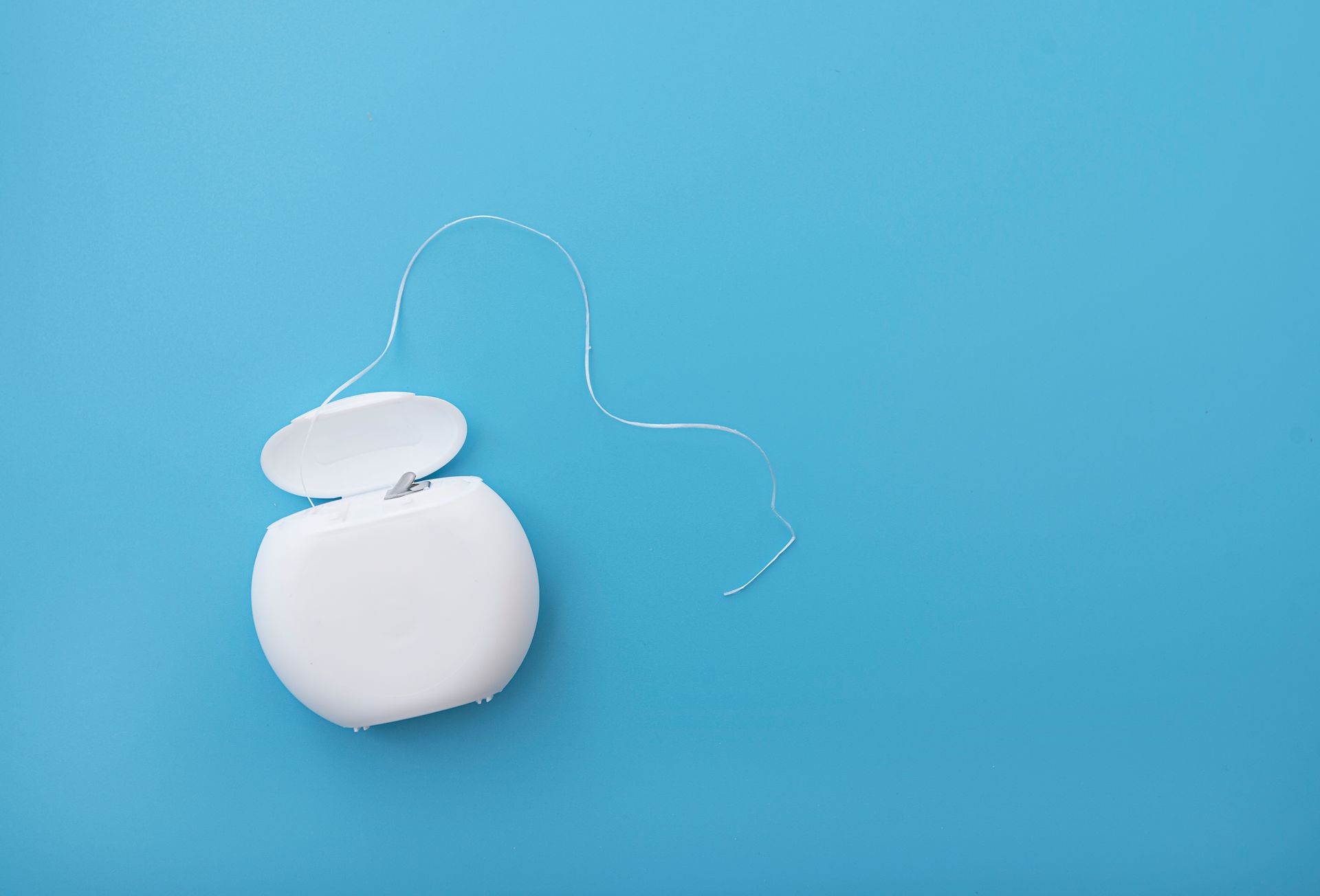Top Dentistry Post-Op Questions Answered
What to Know Before & After Your Procedure
Undergoing a dental procedure can bring up a lot of questions—especially when it comes to the healing process. At Dental Professionals of Wheaton, we believe that great care doesn’t stop when your appointment ends. That’s why we make sure you leave with clear, detailed post-operative instructions and the confidence to follow them at home.
From reducing discomfort to protecting your restoration or surgical site, post-op care is essential to a smooth and successful recovery. Knowing what to expect and preparing in advance can help you heal more comfortably and avoid complications
Why Following Post-Op Instructions Is So Important
No matter what kind of dental treatment you’ve received—whether it’s a tooth extraction, dental implant, root canal, or crown—your post-op instructions are designed to protect your oral health during the healing process. These guidelines help prevent infection, reduce inflammation, and protect any new restorations or surgical areas.
While specific post-op instructions will vary depending on your procedure, it's natural to have questions. That's why our Wheaton dental team is here to provide answers and support, both before and after your appointment.
Common Post-Operative Dental Questions
To help you feel more prepared, here are some of the most frequently asked post-op questions we hear from patients:
- How should I manage pain after my dental procedure?
- How long will discomfort last?
- Do I need to follow a special diet?
- Can I drink through a straw?
- Will I need someone to drive me home?
- Should I take antibiotics or other medications?
- Do I need a follow-up appointment?
- When will my permanent restoration be ready?
How do I care for a removable prosthesis or temporary appliance?
Our team will walk you through the answers to these questions based on your unique treatment plan. We also encourage you to ask anything that’s on your mind during your consultation or pre-operative appointment.
FAQs About Composite Tooth-Colored Fillings
Am I a candidate for composite fillings?
If you have a cavity, chipped tooth, worn filling, or minor enamel damage, composite fillings may be right for you. These restorations are ideal for patients who want a more natural appearance without compromising strength. Schedule a consultation at Dental Professionals of Wheaton to determine the best treatment for your smile.
What should I expect during my appointment?
Getting a composite filling is a comfortable, efficient process. Here’s what to expect:
We’ll begin by numbing the area with a local anesthetic.
The decayed or damaged portion of the tooth is gently removed.
The composite resin is applied in layers and cured using a special LED light.
The filling is shaped, polished, and adjusted for a perfect fit.
Is there any special care needed after a composite filling?
Composite fillings are fully hardened during your visit, so you can return to your normal routine right away. You might experience mild sensitivity to hot or cold for a few days after treatment, which is completely normal. If sensitivity persists for more than a week, give us a call to ensure everything is healing properly.
Get Custom Removable Dentures in Wheaton, IL
If you’re looking for an
affordable and effective solution for missing teeth, dentures may be the ideal choice for restoring your smile. At
Dental Professionals of Wheaton, we are committed to providing personalized, compassionate care to help you regain your confidence and comfort.
Contact us today
to schedule your denture consultation and learn more about your tooth replacement options.
Share Content






